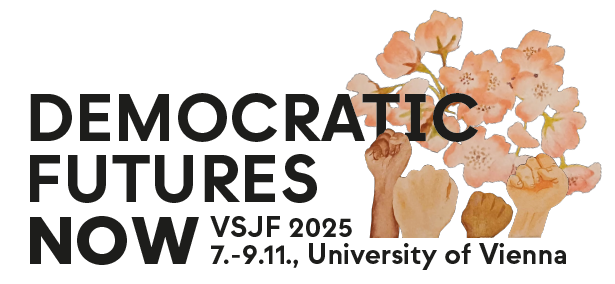Despite its supposed end (Jäger, Borriello 2021?), left-wing populism remains highly relevant in many political contexts. With the party Reiwa Shinsengumi, Japan has joined these ranks (Eder-Ramsauer 2022; Yoshida 2019; Nakakita 2025). One of the main research foci on left-wing populism has been its relation to nationalism (Custodi 2020; Custodi, Padoan 2023; Chazel, Dain 2021). Taking up recent research critiquing spatial foci in populism studies and introducing the study of temporalities (Knott 2025), I challenge this focus on national identity as too narrow, rather focusing on the role of the past and public memory in affect creation for contemporary left-wing parties (see Fraser 2024). European examples of novel left-wing populist parties influencing Reiwa Shinsengumi, such as Bündnis Sahra Wagenknecht (BSW), have been criticized for nostalgia and anarchronistic style of politics.[1] The Workers’ Party of Belgium, on the other hand, presents a counter example combining traditional organizing with „modern discourse“ (Kim 2024). The question remains what role allusions to the past play for left-wing populist parties and how political practice correlates or contradicts these constructions and to what outcome. The case of the Japanese left-wing populist party Reiwa Shinsengumi offers an intriguing example in this regard. While being widely perceived as a radical left outsider party, politicians and activists claim the party to be the true heir to Japan’s long dominant „mainstream conservatism“ (hoshu honryū). Figures like former LDP Prime Ministers Ishibashi Tanzan or Tanaka Kakuei become heroes of a pre-neoliberal Japan, characterized by more equality and stability than the contemporary society. Does this back-to- the-past posturing hold progressive potential, or is this form of reactionism undermining activism for a truly more equal Japan?
[1] https://taz.de/Erster-Parteitag-beim-BSW/!5988294/
https://www.fes.de/abteilung-analyse-planung-und-beratung/artikelseite-apb/lechts-oder-rinks-das-buendnis-sahra-wagenknecht-im-parteienwettbewerb







